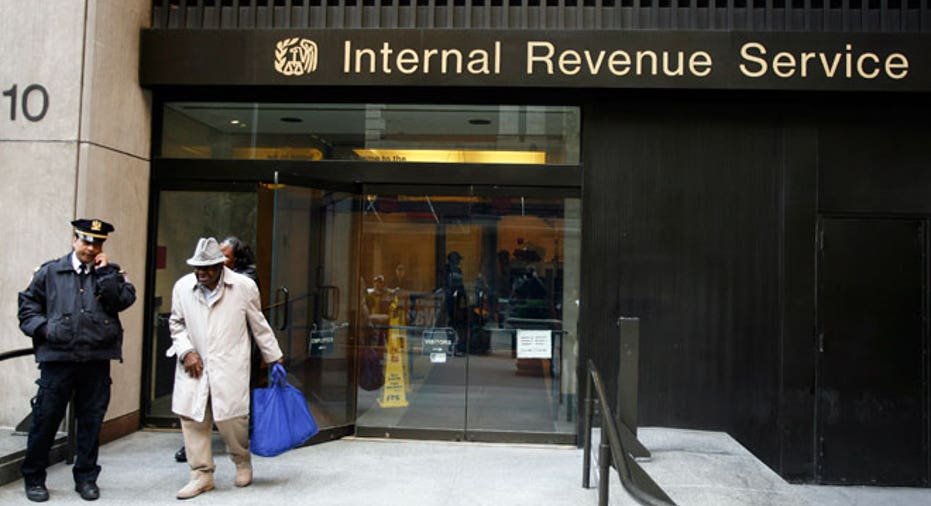Sequestration Could Delay Tax Refunds

Taxpayers anxiously awaiting a tax refund from Uncle Sam may be waiting a bit longer this year.
The sweeping automatic budget cuts set to take effect March 1 translates to an 8.2% funding cut to the IRS, according to reports, which could force the agency to furlough workers during tax season.
Unlike a typical budget cut, which would allow the IRS to prioritize their work, sequestration will force cuts across the board during the department’s busiest time of the year, according to Floyd Williams, senior tax counsel at Public Strategies Washington. The IRS can typically shift around its workers to focus on bigger tasks, he adds . For example, identity theft has become a major problem, so the IRS had more people focusing on identifying fraudulent returns—a luxury it won’t have once sequestration kicks in.
“They won’t be able to move people or have more people helping with refunds,” he says. “The IRS has had cuts over the past couple of years and is working on Continuing Resolutions. So any reduction will cause some problem for them.”
And thanks to the fiscal cliff fiasco, the IRS is already behind, says David Selig, federal tax practicioner at Selig & Associates and founder of TrueTaxHelp.com. Tax changes included in the last-minute deal struck by Congress at the start of the year forced the IRS to quickly update its systems.
“Unless a deal is reached, the IRS will furlough the non-essential personnel, and a tax refund is not a high-priority matter” Selig says, “They already aren’t up to speed due to the fiscal cliff, and these problems were complicated further by Obamacare.”
The money the federal government is counting on from taxpayers is already spent, Selig says, so the IRS cannot and will not push back the filing date this year to allow itself to catch up.
“The government has spent a great deal more than it should have, and it’s based on what they expect to receive in taxes. They haven’t pushed back the deadline and are already not equipped for handling many business returns and schedules.”
Taxpayers who e-file their return and choose the direct deposit option can typically expect to have their refund within 7-to-10 days. Consumers who mail in their return can wait up to six weeks to receive their refund check. If the IRS furloughs workers, Williams say filers should expect delays of days or even weeks.
The average refund in 2012 was $2,700, and approximately 8% of taxpayers filing in January through Feb. 15 receive a refund, compared to only half of those who file in April, Turbo Tax reports.
“For the average family, that is real money,” Williams says. “A lot of people look at the tax system withholding as a forced savings, so they have come to count on that cash for a certain time each year. They use it for Christmas gifts, vacations, and some people need it for their utility and rent payments.”
Taxpayers who are unhappy about the refund delay should speak up now, Williams says. “Anytime Congress hears from people in real time, they tend to have more incentive to move.”
Regardless of whether or not sequestration can be averted, Selig says the damage is done.
“We have already wasted hundreds of millions leading up to this,” he says. “Our elected officials are squandering taxpayer dollars.”



















